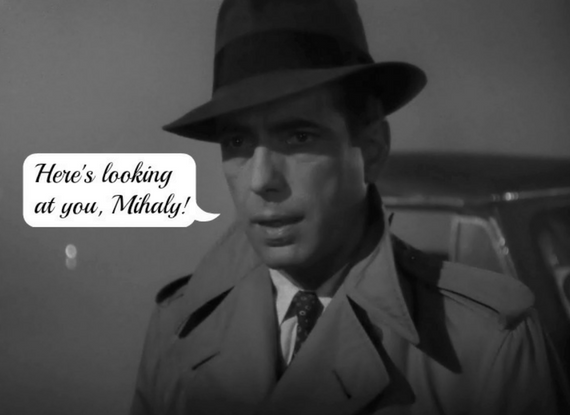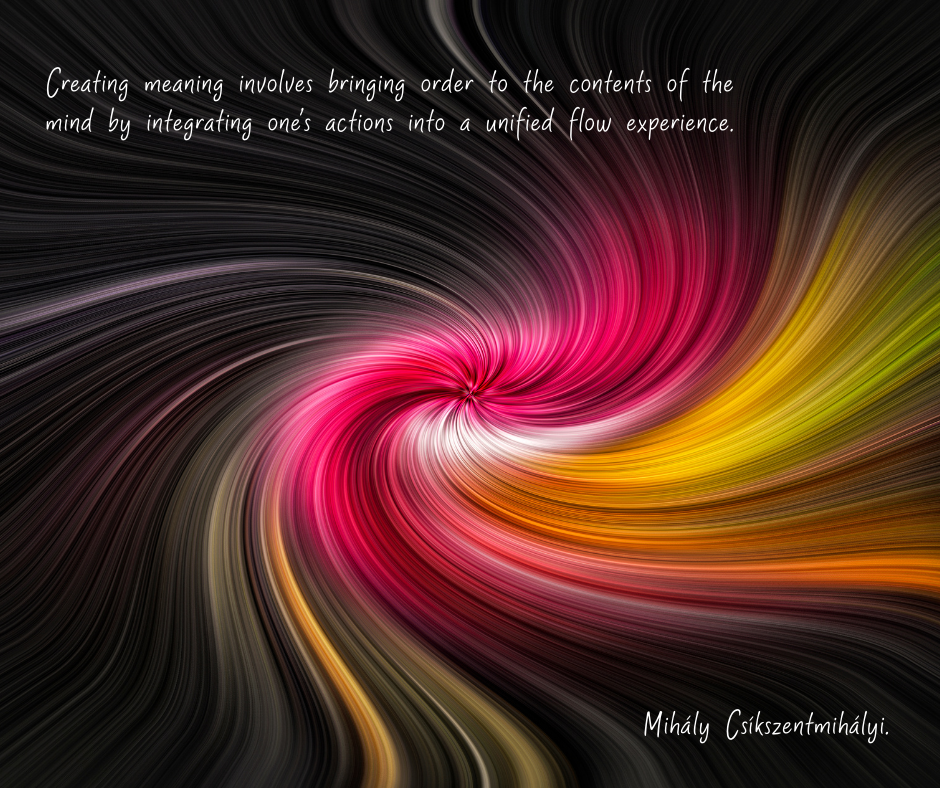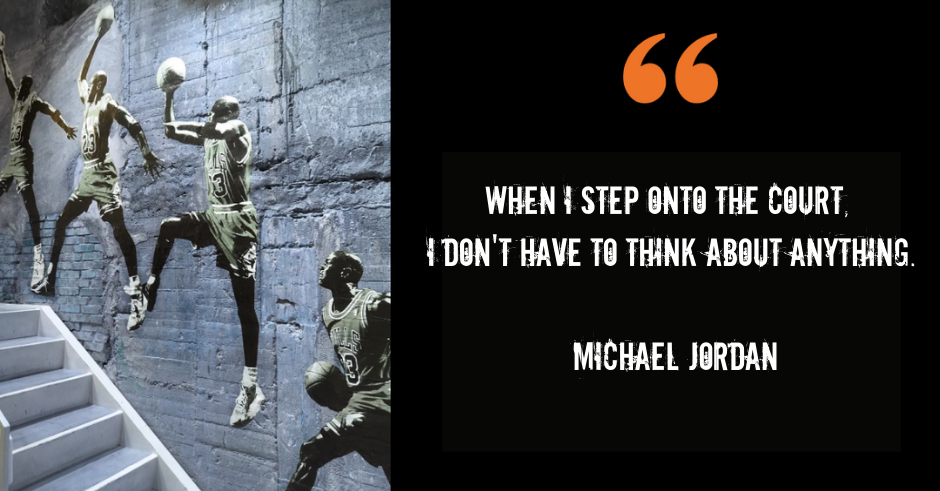Psychology Classics On Amazon

Mihaly Csikszentmihalyi
No discussion on the topic of 'flow' would be complete without reference to the late, great, Mihály Csíkszentmihályi, one of the most eminent psychologists of the modern era, who coined the term in the early 1970's. Csíkszentmihályi's interest in, and understanding of 'flow', arose from a class he taught on the psychology of play.
As part of an exercise on adult play, Csíkszentmihályi instructed his students to interview people who loved playing sports, music, chess, poker etc., and among other questions, he got his students to ask their interviewees: 'how does it feel when you are doing this thing that you love to do?'
Having analyzed the themes within the interviews, Csíkszentmihályi realized that it was the experience of playfulness that was important because irrespective of what people said they loved to do, they all described the feeling of doing it in a very similar way e.g., 'I like to do this because I am good at it', 'I find this thing challenging and I feel good when, through my skill, I am able to master the challenge' 'I know clearly what I have to do'.
In an attempt to articulate the overall feeling relating to the experience of playfulness, Csíkszentmihályi stated that "I gave it the name 'flow' because 'flow' was very often mentioned by people ('Oh, I am being carried by the river, I don’t have to think, I just do it, spontaneously, automatically')."
Surprisingly, given the amount of contemporary interest in the concept of flow as a means of understanding happiness, personal fulfillment, creativity, focus and peak performance, Csíkszentmihályi's pioneering work lay virtually undiscovered for 15 years. However, this was to change when an article Csíkszentmihályi wrote on 'flow' appeared in the New York Times Health Section, the popularity of which led him to be invited to write a book on the subject. That book: 'Flow: The Psychology of Optimal Experience' by Mihály Csíkszentmihályi was published in 1990, from which point 'flow' became and remains to this day a topic of enduring fascination and practical application.
I highly recommend exploring Csíkszentmihályi's research on flow as a motivational state, which you can do by visiting the Quality of Life Research Center, and by watching Csíkszentmihályi's classic TED Talk "Flow, the Secret to Happiness," which has more than 6 million views.
Want to know how to harness the power of flow in your own life and ignite your highest potential in your work and passions? Watch the following presentation by peak performance expert Steven Kotler.
And finally, here's a couple of things you should know. I was first introduced to Mihály Csíkszentmihályi's work as an undergraduate psychology student in 1992 and it wasn't until I watched the Steven Kotler video above that I realized that I had been mispronouncing his name for nearly thirty years - including during my time as a psychology teacher (oops)! Don't be like the old me: Learn how How to pronounce Mihaly Csikszentmihalyi
Also, Mihály Csíkszentmihályi's legendary status was reinforced further when he revealed that when working in his father's restaurant in Rome, he waited a table for Humphrey Bogart!




